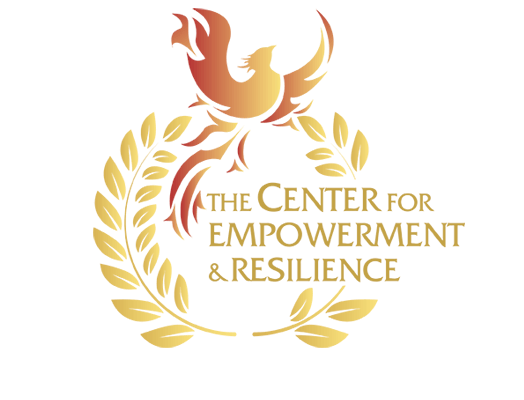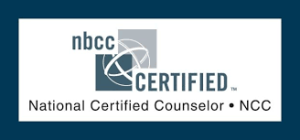Coaches play a pivotal role in an athlete’s life. They are more than just a coach. They are teachers, mentors, leaders, and for some, parental figures. What happens when that person is gone? Your coach left or was fired. How does an athlete move on from that? It’s a part of moving on. We all have had multiple coaches throughout our athletic careers but this one particular one stands out above the rest of them.
Why it Hurts So Bad
People come and go in our lives. But why does losing a coach hurt so badly? Coaches leaving can affect:
- Team Chemistry: How do you feel about your teammates?
- Leadership: Who will step up and lead?
- Motivation: Who are you doing this for and why?
Where to Go From Here
- First, take some time to grieve and process your coach no longer being there. Emotions that can come up include sadness, anger, guilt, confusion, denial, shame, anxiety, and so on.
- Second, find balance in being alone and being with others. Your teammates might be going through similar emotions as you. Coming together can unify the team and make everyone feel stronger.
- Next, you don’t have to approve change, but accepting can help you with moving on. It won’t be easy or painless, but accepting can bring you serenity.
A Fresh Start
I remember I had a new coach come in when I was in college. To say that I was not happy would be an understatement. Now all a sudden I am supposed to be buddy-buddy with this guy? I fought it for many months. It was not fair to him that I did not give him a chance. I did not take time to accept that this was going to be my new reality. Once I did, I was able get to know him better, he got to know me better, and he got me into the best shape of my life. He even helped me get through the pandemic.
Review
- Coaches leaving affects more than individuals. It also affects how athletes interact with each other and how they can think about themselves.
- Accepting the new reality will take time, but it will get better as time goes on.
- I had to learn this lesson myself. If I can do it, you can do it too.
Chris Burgenson is a licensed counselor in Maryland who is based in Frederick. Chris specializes in overcoming performance anxiety, improving confidence in athletes, and dealing with the pressures of being an athlete. Besides working with athletes, he also works with teen and adult clients who struggle with ADHD and anxiety. Need help with your mental health? Book a consultation here.
Until Next Time.





